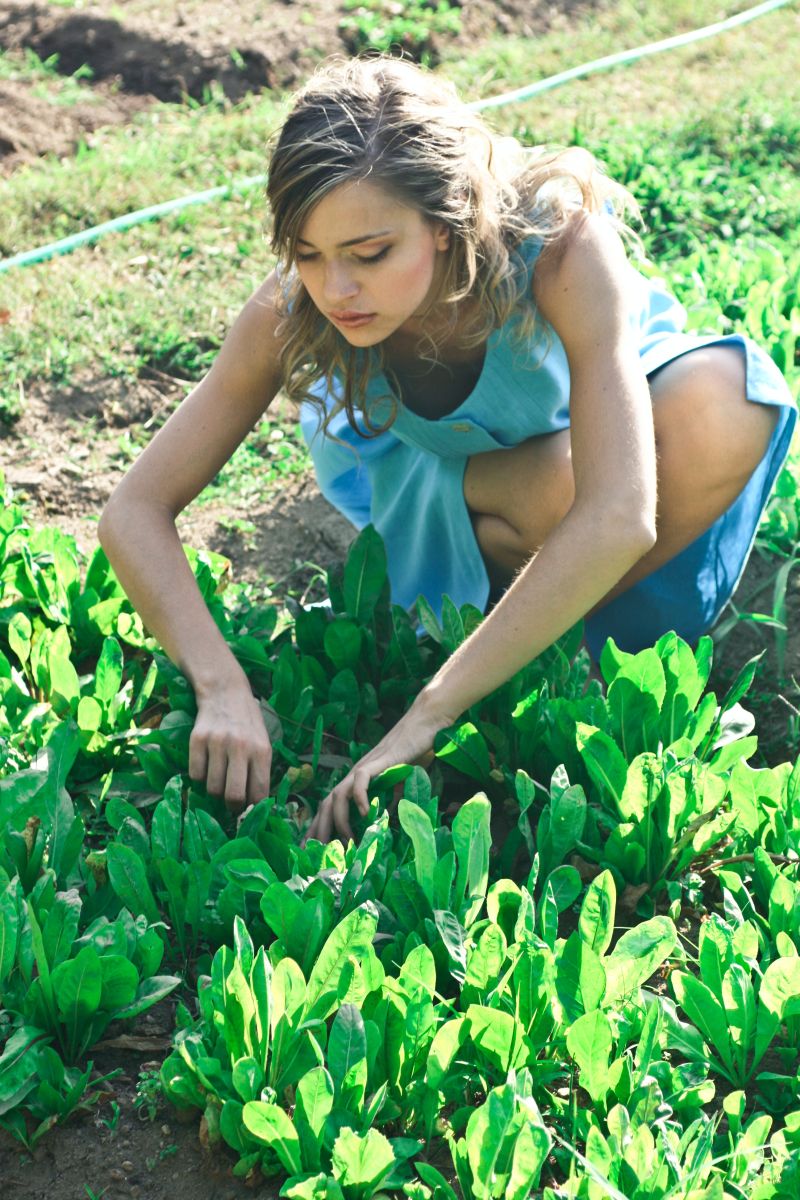Organic Gardening: A Beginner's Guide
Organic gardening is a popular and rewarding hobby that can benefit both the environment and your health. It involves using natural methods to grow fruits, vegetables, and flowers without the use of synthetic fertilizers or pesticides. In this article, we will provide a beginner's guide to organic gardening, including the benefits, techniques, and tips for success.

Benefits of Organic Gardening
One of the main benefits of organic gardening is that it promotes a healthier and more sustainable environment. By avoiding synthetic chemicals, you can reduce your exposure to harmful toxins and support the biodiversity of your garden. Organic gardening also helps to preserve soil health, which can improve plant growth and prevent erosion.
Another advantage of organic gardening is that it can produce healthier and more flavorful produce. Organic fruits and vegetables are often higher in nutrients and have a richer taste than conventionally grown counterparts. Additionally, you can save money on groceries by growing your own organic produce at home.
Techniques for Organic Gardening
There are several techniques that you can use to promote organic gardening, including:
- Composting: Composting is the process of breaking down organic matter, such as food scraps and yard waste, into a nutrient-rich soil amendment. Adding compost to your garden can improve soil structure, increase water retention, and provide essential nutrients to your plants.
- Crop Rotation: Crop rotation involves alternating the type of plants you grow in a specific area from year to year. This technique can help prevent soil-borne diseases and pests, while also improving soil health.
- Mulching: Mulching is the process of covering the soil around your plants with a layer of organic material, such as leaves, straw, or grass clippings. This technique can help retain moisture, suppress weeds, and regulate soil temperature.
- Natural Pest Control: Instead of using synthetic pesticides, you can use natural pest control methods to protect your plants from pests and diseases. For example, you can introduce beneficial insects, such as ladybugs and praying mantises, to your garden or use homemade remedies, such as garlic spray or neem oil.
Tips for Success in Organic Gardening
To succeed in organic gardening, you should consider the following tips:
- Choose the Right Plants: Some plants are better suited for organic gardening than others. Choose plants that are disease-resistant, require minimal maintenance, and can thrive in your climate and soil type.
- Start Small: If you are new to organic gardening, it's best to start small and gradually expand your garden as you gain experience. This will help you avoid feeling overwhelmed and ensure that you can maintain your garden effectively.
- Maintain Soil Health: Soil health is crucial for organic gardening success. Test your soil regularly and add organic amendments, such as compost or mulch, as needed to maintain optimal soil health.
- Water Properly: Proper watering is essential for healthy plant growth. Water your plants deeply and infrequently to promote strong root growth and avoid overwatering.
Organic gardening is a great way to promote a healthier environment, grow nutritious produce, and save money on groceries. By using natural methods and following the tips outlined in this article, you can successfully grow a beautiful and productive organic garden.
